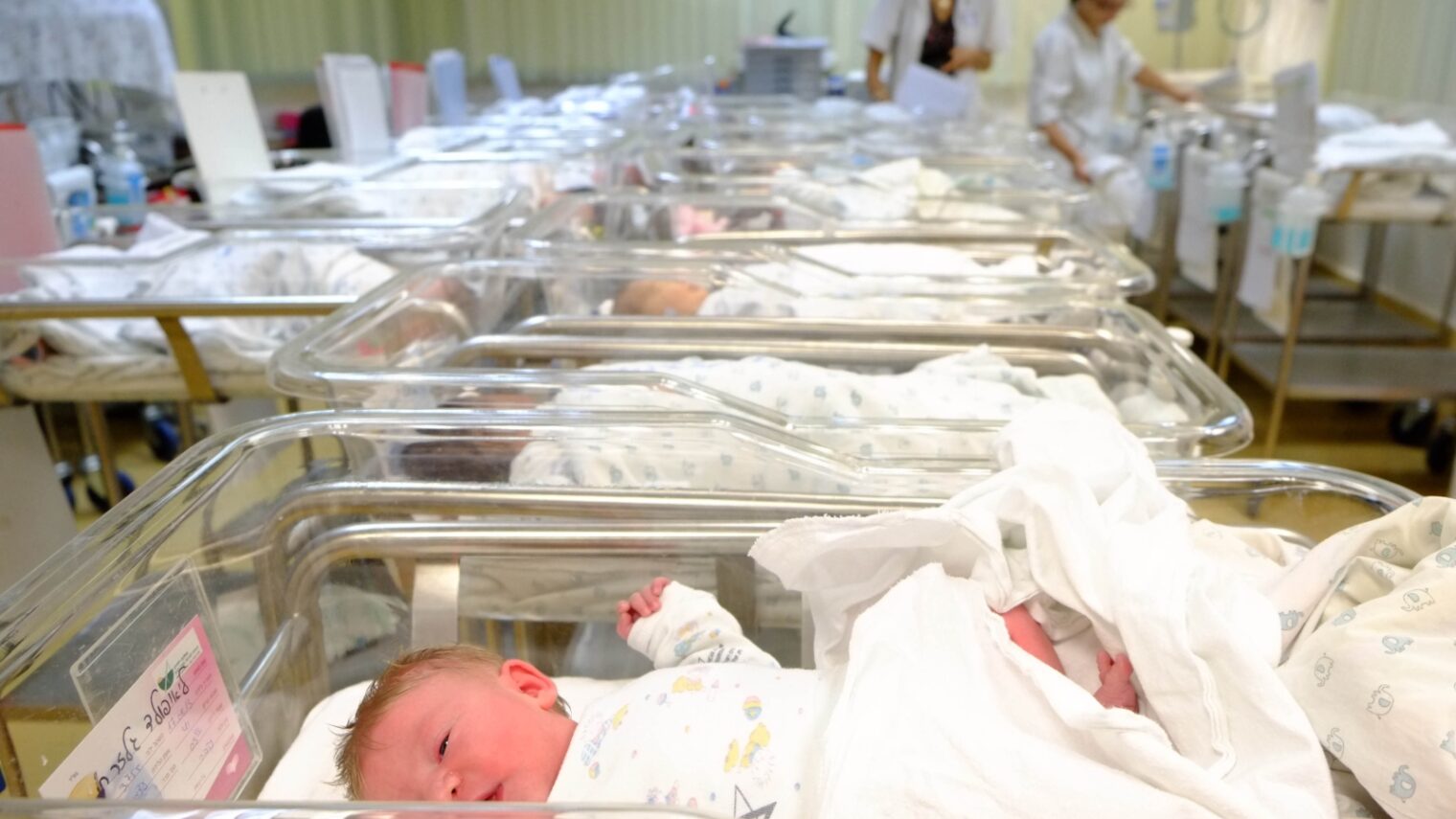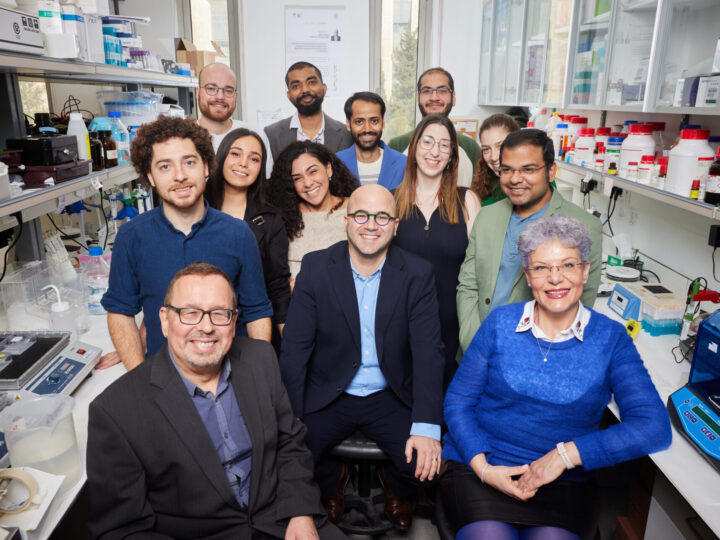Infants exposed to general anesthesia during Caesarean-section births are known to be at higher risk of developing autism symptoms. But the reason has been a mystery.
Now, Israeli researchers claim to have discovered why: It’s not the surgery but the anesthesia that causes the increased risk.
The groundbreaking discovery is described in a paper titled “Exposure to General Anesthesia May Contribute to the Association between Cesarean Delivery and Autism Spectrum Disorder,” published May 3 in The Journal of Autism and Developmental Disorders by researchers from Ben-Gurion University of the Negev and clinicians from Soroka University Medical Center, both in Beersheva.
“We have known for many years that children born via C-section are at higher risk of autism, but we weren’t able to quantify exactly why,” said Dr. Idan Menashe from BGU’s department of public health and the Zlotowski Center for Neuroscience.
“The current research shows that the exposure to general anesthesia commonly used to perform a Caesarian section, rather than the operation itself, is related to communication challenges later in life,” he said.
“This is important because our findings highlight the potential reason for the association between C-section and autism and suggest that C-sections performed with other types of anesthesia such as epidural or spinal sedation are relatively safe,” said Menashe, who also serves as the scientific director of the National Autism Research Center at BGU.
Compared birth records of 2,690 children
The study, headed by Menashe and conducted by an interdisciplinary team from the National Autism Research Center at BGU, compared the birth records of 347 children with autism spectrum disorder (ASD), 117 children with other developmental delays (DD), and 2,226 age-, sex- and ethnicity-matched controls.
They found that births by C-section carried out under general anesthesia increased the risk of autism, while C-sections performed with epidural or spinal (regional) anesthesia did not.
Their analysis of the records further showed that the risk of autism associated with general anesthesia is not related to the original reason for the surgery – whether it was by choice or because of medical complications.
“We found that CS [C-section] is significantly associated with an increased risk of ASD but not DD,” wrote the authors.
“Furthermore, we show that only CS performed with general anesthesia elevated the risk of ASD with no significant difference between indicated and non-indicated surgeries. We therefore suggest that exposure to [general anesthesia] during CS may explain the association between CS and ASD.”
Disturbingly, the team also found that the association between an infant’s exposure to general anesthesia and the development of ASD is particularly evident in relation to the most severe type of autism.
In addition to Menashe, the paper’s coauthors are Maayan Huberman Samuel of BGU’s public health department; Gal Meiri of the preschool psychiatry unit at Soroka University Medical Center; Ilan Dinstein of the BGU psychology department and Zlotowski Center for Neuroscience; Hagit Flusser and Analiya Michaelovski of Soroka’s department of child development; and Asher Bashiri of Soroka’s OB/GYN department.
















